VIDEO EXCLUSIVE: Tom Steyer Supports Biden’s New ‘Progressive’ Climate Plan As ‘Top Priority’
Former Democratic presidential candidate Tom Steyer believes former Vice President Joe Biden is well-equipped to handle the climate crisis and its relationship to racial and economic justice.
“I am partnering with the Biden campaign on climate engagement. And if you notice, he has his policy platform, he has really sharpened his pencil and it has gotten a lot more fulsome and it is pretty progressive and forward-thinking at this point,” Steyer told uPolitics’ founder Erik Meers.

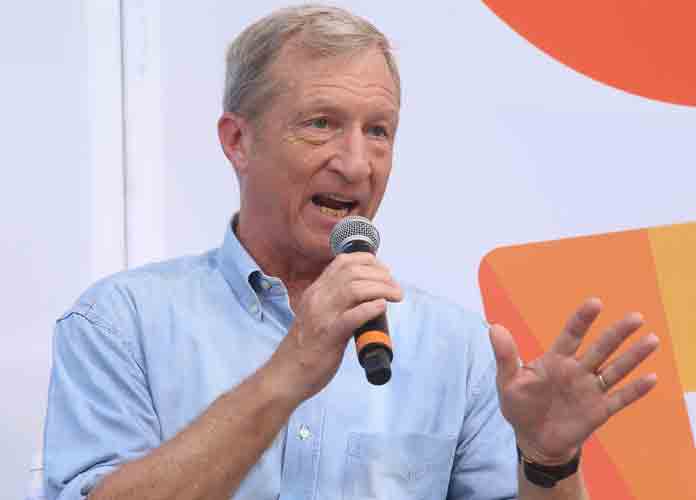


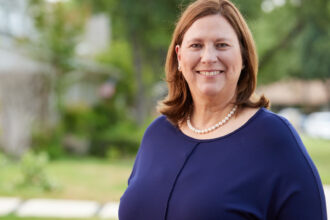

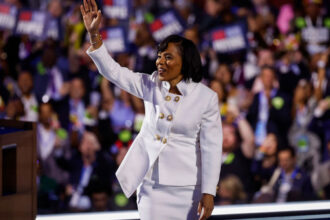

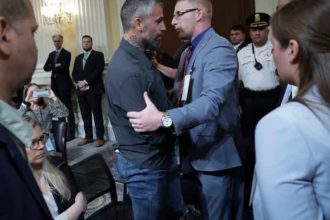
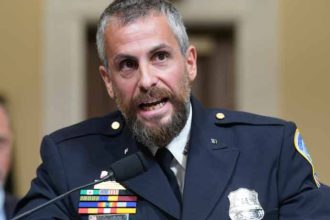
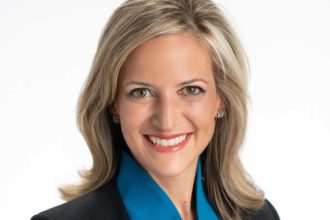
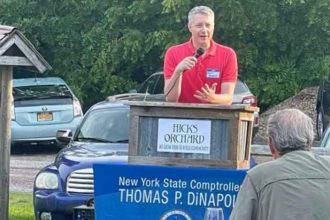
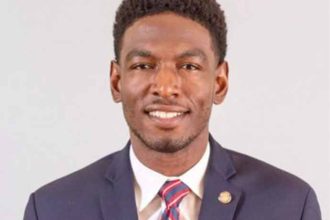
Leave a comment